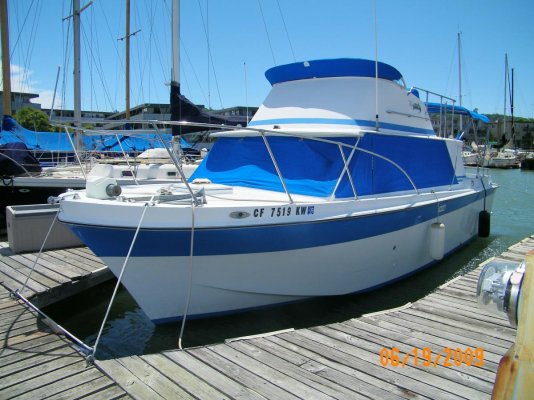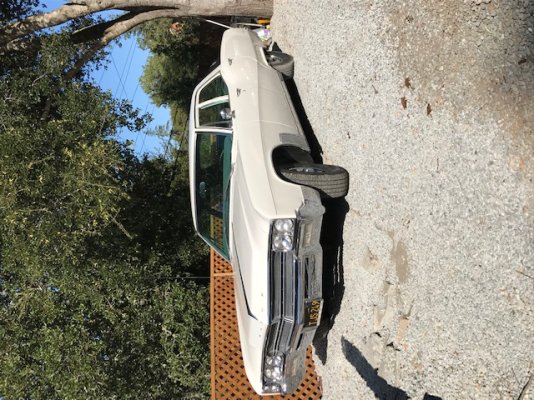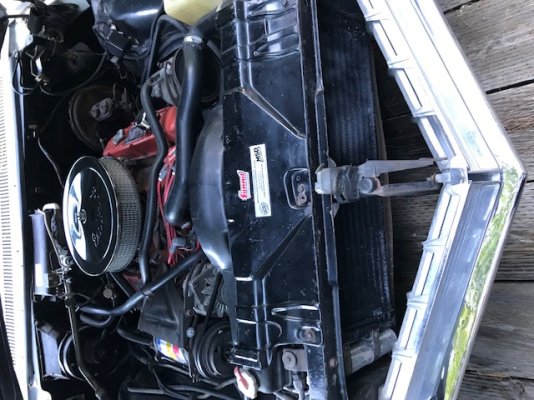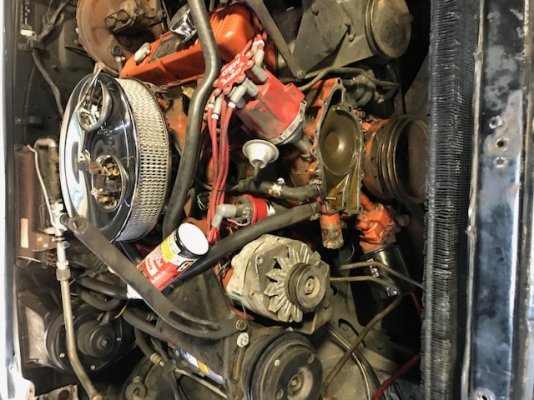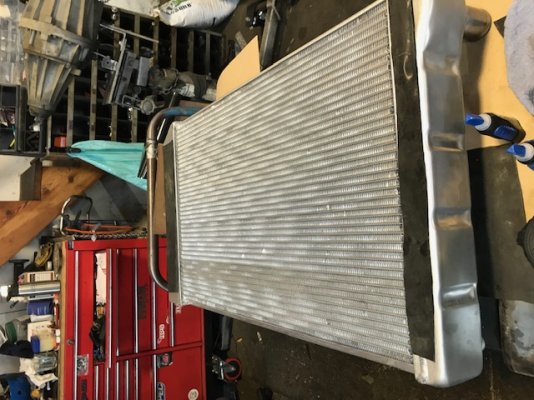rslifkin
Guru
- Joined
- Aug 20, 2019
- Messages
- 7,584
- Location
- USA
- Vessel Name
- Hour Glass
- Vessel Make
- Chris Craft 381 Catalina
I have a gas Onan in my motor home.
It has priming problems.
Why do you call yours “old school”?
Mine is old school because it's an MCCK. It's built in the 80s, but the engine design on it dates to about the 1940s with very little change except a newer carb design and electric fuel pump. It's a flathead with points ignition. It's got its quirks. It usually takes a few cranks to prime the carb and start if it's been sitting for more than a couple of days. And it seems like the fuel mixture adjustments don't hold perfectly on the carb, as they periodically need to be tweaked to keep it from surging and misbehaving.
But when it's running well, it's a great unit. Barely a hiccup when you kick on a 16k BTU A/C unit.

